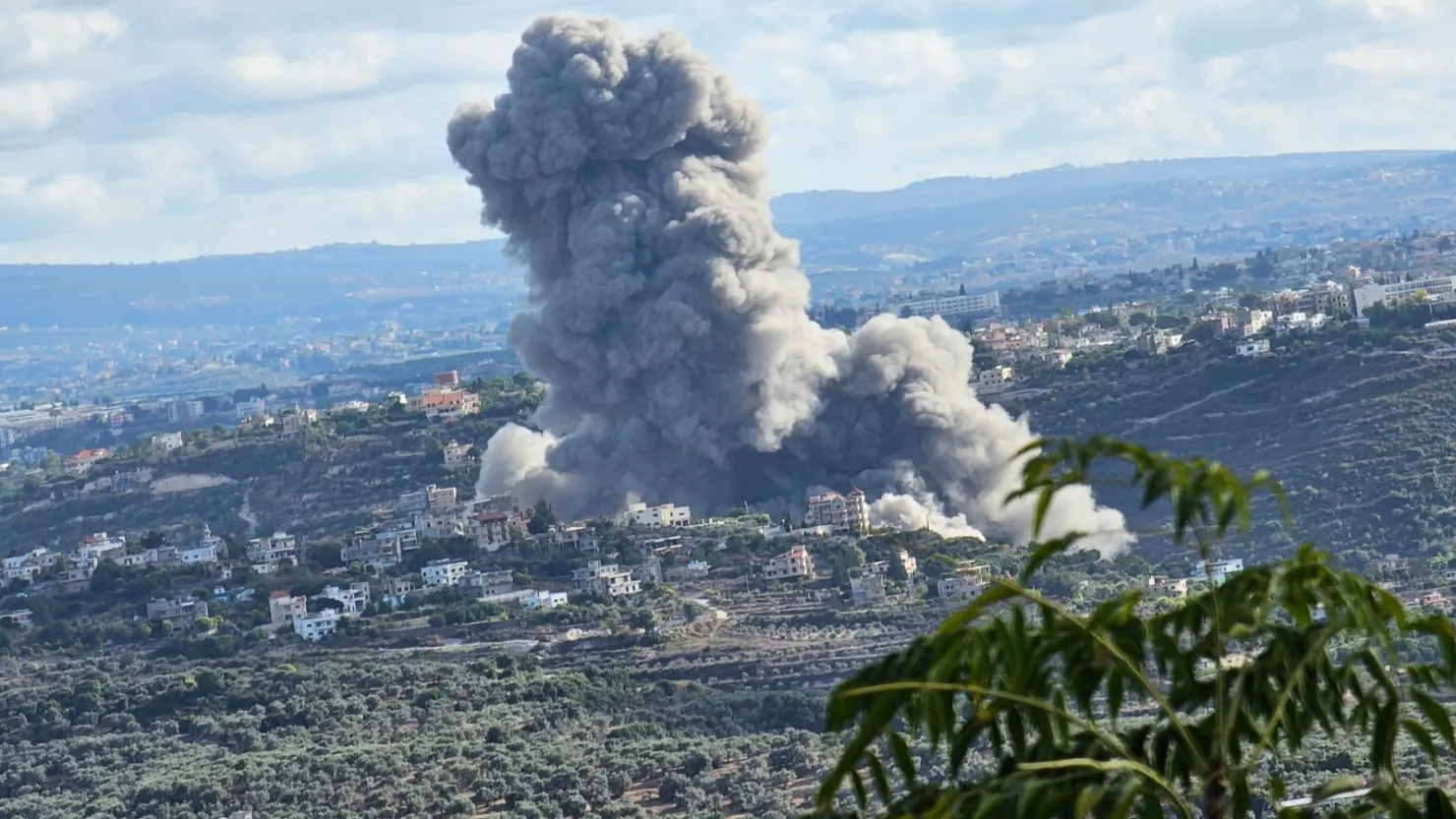Tensions between Israel and Hezbollah intensified over the weekend as both sides engaged in one of the most significant cross-border exchanges in months. Israeli forces launched a series of airstrikes across southern Lebanon, while Hezbollah responded with rockets targeting military sites in northern Israel.
On Saturday, Israeli jets struck approximately 290 Hezbollah targets, including rocket launchers and strategic military positions. The escalation followed an Israeli airstrike in Beirut’s southern suburbs, which reportedly killed at least 37 people, including senior Hezbollah leaders Ibrahim Aqil and Ahmed Wahbi. This attack marked the deadliest strike in the ongoing conflict, which has been simmering for almost a year.
Hezbollah retaliated by launching a barrage of rockets at Israel’s Ramat David Airbase, the deepest strike claimed by the group since hostilities flared up. Israeli defense systems intercepted many of the rockets, but several buildings in northern Israel were hit by debris. No serious injuries were reported.
Iran-backed militias from Iraq also joined the fray, claiming responsibility for a drone attack on Israeli territory early Sunday morning. The conflict is escalating quickly, with Hezbollah promising to continue its attacks until Israel agrees to a ceasefire in Gaza, where Israel has been engaged in a separate conflict with Hamas since early October.
The growing intensity of the conflict has led to widespread evacuations on both sides of the Israel-Lebanon border. Israel has raised alert levels, particularly in northern regions, amid fears of deeper strikes by Hezbollah. In southern Lebanon, residents described large explosions lighting up the night sky as Israel ramped up its air raids.
U.S. National Security Adviser Jake Sullivan acknowledged the risk of further escalation but noted that the killing of top Hezbollah leaders by Israel may bring a measure of justice. Meanwhile, diplomatic efforts to contain the conflict are ongoing, with regional and global leaders emphasizing the importance of preventing the Gaza war from spilling further into Lebanon.
As the conflict escalates, the death toll in Lebanon has surpassed 740 since October, marking the worst flare-up between Israel and Hezbollah since their 2006 war.





